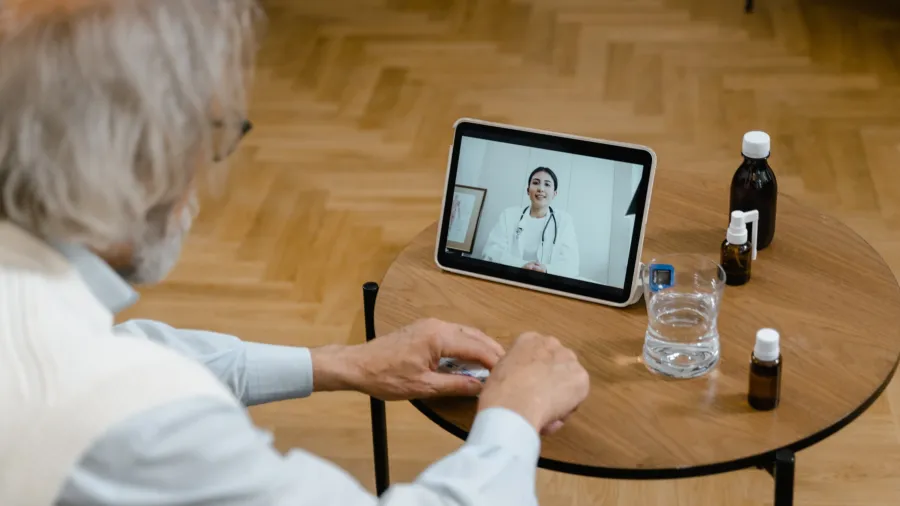
Three perennial healthcare system challenges digitalisation can address
Digital innovation such as remote consultations allows better access to healthcare.
The adoption of digitalisation, including data and artificial intelligence (AI) could potentially help address challenges in resource constraints, the burden of chronic diseases, and inequitable outcomes and access.
In a report, the World Economic Forum and Boston Consulting Group said that the sector continues to face unsustainable cost growth, noting that in wealthy countries, the spending on healthcare outpaces economic growth.
The report added that 20% of the global healthcare expenditure is projected to be “wasteful” and addressing it could redistribute $1.8t to better access care.
Aside from this, there is a workforce crisis, citing a World Health Organization (WHO) estimate of a 10 million health workers deficit by 2030.
“By further leveraging digital solutions, data and AI, it is possible to address the workforce crisis,” they said.
ALSO READ: Singapore’s health data bill mandates regulated information sharing
“Digital solutions can make jobs more efficient, enable clinical staff to use their skills and expertise to the fullest extent – working on the top of their licence, and support patient self-management, allowing healthcare practitioners to allocate more time to direct patient care and other value-adding tasks, which can increase motivation at the workplace,” they added.
Digital innovations such as remote monitoring, telemedicine and AI-based symptom checkers could prevent and delay an illness, the report read.
Chronic conditions such as cardiovascular disease, cancer, and diabetes continue to grow, with obesity seen to reach 24% in 2035 from 14% in 2020, the report read.
Such digital technologies can also help in reducing health inequalities, noting that remote consultation and monitoring can boost healthcare reach, enabling more access to health information, and “making healthcare more inclusive and available for all.”
It cited a WHO report that around half of the world’s population still lacks access to vital health services.


















 Advertise
Advertise


